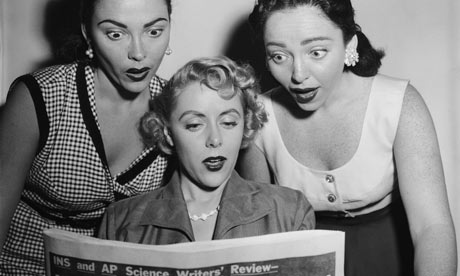Frequently alluded to by poets, race is one of the most debated issues in society. However, without any scientific proof of any genetic difference among races or anything of the sort, supporters of the so-called races end up debating nothing but a social construct based upon prejudice of how people look. The prevalence of this debate throughout society influences its prevalence in poetry.
It is not uncommon for poets that have experienced racism or have lived through times of racial discrimination to refer to such events in their poems. Gwendolyn Brooks wrote about the sad death of a boy in her poem "The boy died in my alley." She depicts the scene with much sorrow and pain, giving the speaker a sense of helplessness towards the cruelty of prejudice based upon death.
Other poems like "Man's short life and foolish ambition," by Margaret Cavendish, refer instead to the similarities among mankind. Sharing the same hopes, dreams, and failures, mankind is linked in many more ways than it differs.
Race exists in society promoting segregation. However, poetry builds the bridges required to change the popular misconceptions that result from race. The concepts of equality proposed by Cavendish and the violence resulting from unjustified prejudice mentioned by Brooks are both calls of action to their audiences and to question their own take on race.
It is not uncommon for poets that have experienced racism or have lived through times of racial discrimination to refer to such events in their poems. Gwendolyn Brooks wrote about the sad death of a boy in her poem "The boy died in my alley." She depicts the scene with much sorrow and pain, giving the speaker a sense of helplessness towards the cruelty of prejudice based upon death.
Other poems like "Man's short life and foolish ambition," by Margaret Cavendish, refer instead to the similarities among mankind. Sharing the same hopes, dreams, and failures, mankind is linked in many more ways than it differs.
Race exists in society promoting segregation. However, poetry builds the bridges required to change the popular misconceptions that result from race. The concepts of equality proposed by Cavendish and the violence resulting from unjustified prejudice mentioned by Brooks are both calls of action to their audiences and to question their own take on race.
